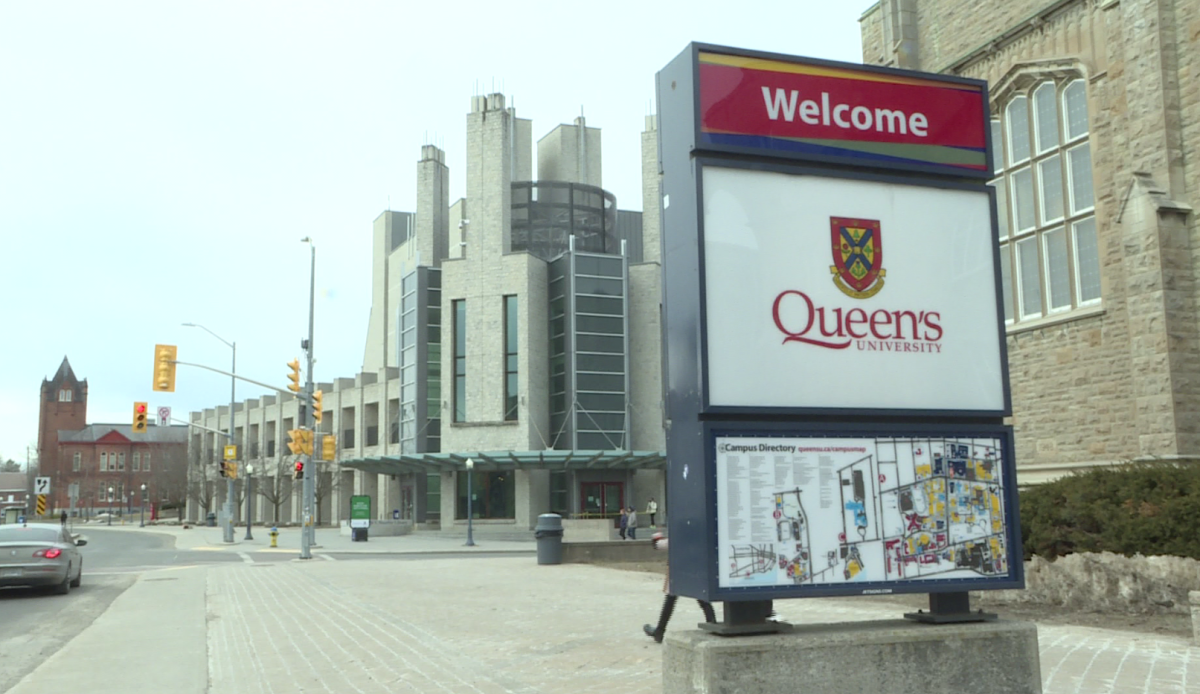A partnership between the Weeneebayko Area Health Authority (WAHA), Queen’s University, and the Mastercard Foundation has been formed to help expand education and employment opportunities for Indigenous youth by creating the Queen’s Weeneebayko Health Education Program.

WAHA and Queen’s Health Sciences will co-develop a university curriculum for health professions training in the western James Bay region.
Queen’s says the program will prepare Indigenous students for careers in medicine, nursing, midwifery, and other health professions through culturally informed education.
The university adds that programming and resources will be created to enable local youth to pursue health professions training right from high school.
“This is a very important initiative for the Weeneebayko Region that will help increase the capacity for culturally safe healthcare that is directed and delivered by health professionals from our communities,” said Lynne Innes, president and chief executive of the Weeneebayko Area Health Authority.
“It is exciting to work together on this new approach that will support Indigenous youth as they pursue healthcare careers and build a stronger, healthier future for the communities we serve.”
Queen’s says the initiative will address healthcare challenges facing remote, Indigenous communities, including low accessibility to providers and facilities, the need for cultural safety, health outcome gaps, and the underrepresentation of Indigenous peoples among health professionals.

Get breaking National news
This project builds on a long-standing relationship between Queen’s, the Weeneebayko Area Health Authority, and the communities of the James Bay region,” said Murray Sinclair, Queen’s chancellor.
“It offers hope for Reconciliation through new approaches to educating and supporting Indigenous youth in pursuing careers in healthcare. I believe this can help deliver the transformation needed in Indigenous healthcare in Canada.”

The partnership hopes to establish a new training site in Moosonee to serve coastal community sites.
The training programs will intend to help build comprehensive, sustainable, community-centred healthcare-improving patient outcomes and address gaps in delivery.
Key aspects of the curriculum include using a decolonized approach, mentorship and culturally safe care.
Queen’s says the partnership will also establish a Health Career Pathways Program to provide career counselling, resources, mentorship, and application support, as well as building access to prerequisite courses to support applications in health sciences.
This program will support Indigenous health transformation — improving regional health outcomes, addressing gaps in care delivery, and building the Indigenous health workforce,” said Jane Philpott, dean of Queen’s Health Sciences.
“We look forward to building this dynamic educational model alongside the Weeneebayko Area Health Authority and local Indigenous leaders, and we thank the Mastercard Foundation for supporting this crucial work.”








Comments
Want to discuss? Please read our Commenting Policy first.